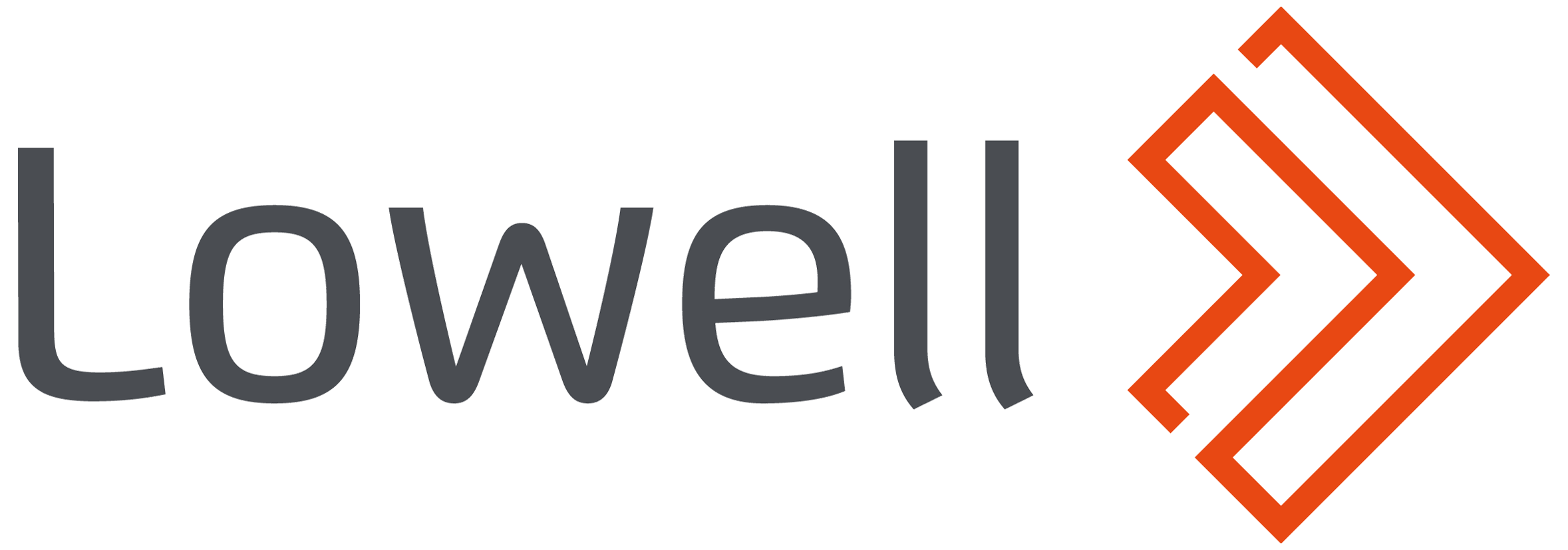What is a credit file?
How does your credit file affect you?
When creditors decide whether to lend you money, they’ll assess your eligibility by looking at your credit file, which is also known as a credit report. Your credit file will show any missed payments, the balance, and the limit. It will also include details of any debt solutions or agreements, such as debt management plans.
We want to help you take control of your finances, so we’ve put together this guide on everything you need to know about your credit file, including information about adverse credit history.
This content is intended to be an impartial guide regarding credit files and how they can affect you. Lowell Financial Ltd does not offer financial advice. You can find out more about the organisations you can contact in our guide on debt help and support.
How is my credit file used?
Can debt collectors see my credit report?
What's in my credit file?
How can I check my credit history?
Why is Lowell showing on my credit file?
How can my credit file affect me?
What is adverse credit?
What is a default on a credit file?
Can Lowell register a default?
How long does information stay on your credit report?
How long do hard searches stay on your credit file?
How long do soft searches stay on your credit file?
How does paying debt improve my credit file?
What is a credit score?
Does fully clearing my balance improve my credit file?
What does settled mean on a credit report?
What does satisfied mean on a credit report?
What does ‘partially settled’ mean on a credit report?
Can I get a mortgage if I’m paying Lowell?
First Published: 19th November 2020
Last updated: 2nd July 2025




